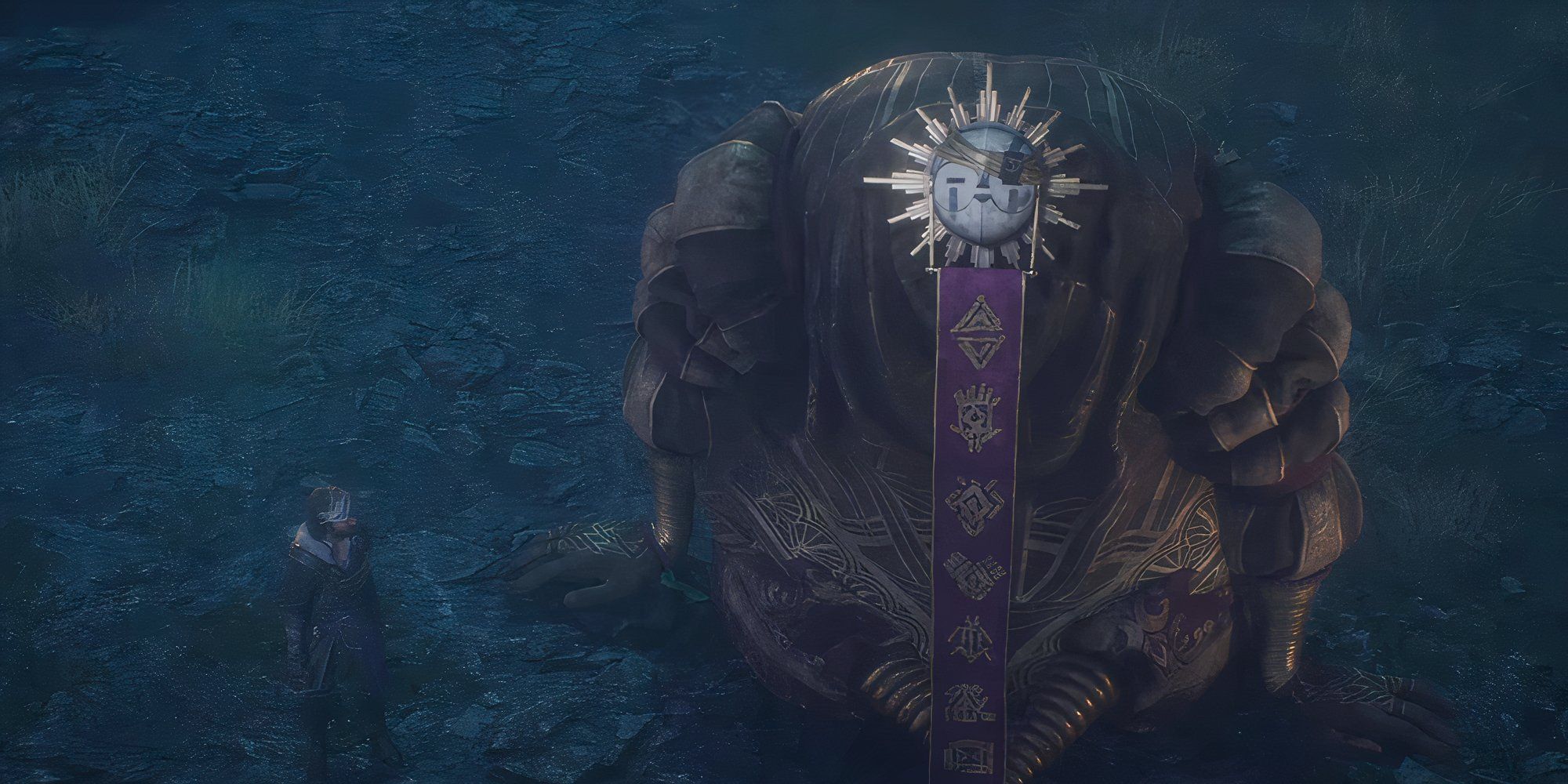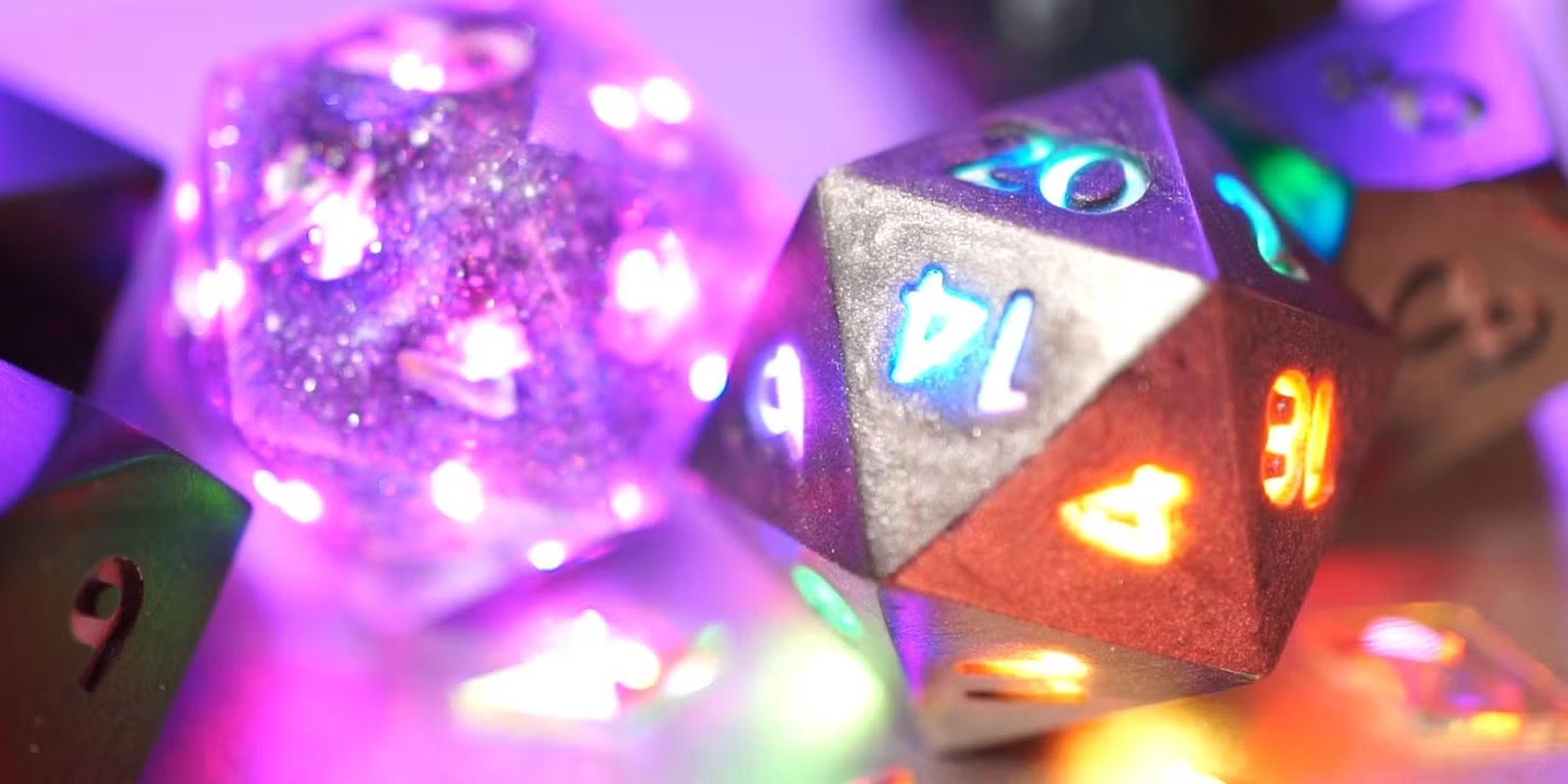Benin: How an Rfi Investigation Helped Return an Ancient Treasure to Benin - allAfrica.com
In Benin, a 'kataklè' - a ceremonial stool, and the final piece of the royal treasure of Abomey - has been returned by Finland, 133 years after being looted by French troops and later transferred to the National Museum of Finland. It's a journey that began with an investigation triggered by an RFI journalist.
The kataklè is a three-legged royal chair from Dahomey, a West African kingdom located within present-day Benin that existed from 1600 until 1904.
It was discovered to be at the National Museum of Finland, the Kansallismuseo, thanks to a lengthy investigation by art historian Marie-Cécile Zinsou, of the Zinsou foundation, one of the museum's curators, Pilvi Vainonen - and RFI journalist Pierre Firtion.
The kataklè was returned to Benin by Finland on Tuesday, with Finnish minister of culture Mari-Leena Talvitie handing it over to the Beninese authorities during a ceremony at the Marina Palace, the presidential residence in Cotonou, Benin.
The first 26 pieces of the treasure were returned to Benin in November 2021 by the Paris's Musée du Quai Branly.
The museum, along with the French Ministry of Culture, had announced the restitution of 26 works from the royal treasury in Abomey in 2018, as approved by President Emmanuel Macron.
These pieces were looted in 1892 by French Colonel Alfred-Amédée Dodds during the sacking of the city of Abomey, after the Second Franco-Dahomean War, taken from the royal place.
Despite housing approximately 70,000 African objects, the Quai Branly returned this limited restitution of 26 pieces thanks to a specific French law, passed in December 2020, which allowed for exceptions to the principle of inalienability of public collections for them and for a separate item, returned to Senegal.
Among them were anthropomorphic royal statues, recades (a type of sceptre associated with Dahomey), the gates of the royal palace of Abomey, thrones, seats, and a first kataklè.
'Dahomey' film invites colonial past to speak through Benin's stolen treasures
RFI's Firtion was in Cotonou in November 2021 covering the restitution of the 26 royal objects, when a source whispered to him: "There aren't 26, but 27 treasures."
"What if it was true?" he asked himself, as he recalls in a French-language podcast series on the story.
Soon after, Firtion joined forces with Zinsou and Vainonen, delving into texts on Beninese art and the restitution of works of art to Africa.
He discovered that this kataklè had arrived at the Trocadéro Museum of Ethnography in Paris at the end of the 19th century.
Then in 1939, the museum, by then renamed the Musée de l'Homme, agreed to an exchange with the National Museum of Finland - a common practice at the time.
The Musée de l'Homme wanted to enrich its collection of Finno-Ugric objects from everyday life, and in exchange sent around 40 objects to Helsinki, mainly from Africa and Asia. Among the lot was the kataklè.
It was never exhibited, instead ending up in the storage rooms of the National Museum of Finland, where it remained for decades. Over time, curators lost track of it, as it was listed as belonging to Dahomey.
In the online inventories of the Musée du Quai Branly, Firtion identified a piece donated by Colonel Dodds to the Trocadéro Ethnography Museum, which was not returned to Benin... a three-legged stool, called a kataklè.
The journalist also travelled to Marseille's Mucem museum in 2024, where the pieces potentially exchanged with Finland for the kataklè in 1939 were being stored - and where he learned that the exchanged pieces still belonged to the museum originally owning them.
After intensive research on her side, Vainonen got back to Firtion and told him it had been found in Finland.
Benin's request for restitution is not an isolated one.

Sign up for free AllAfrica Newsletters
Get the latest in African news delivered straight to your inbox
As early as 1973, the president of Zaire (now the Democratic Republic of Congo, or DRC), Mobutu Sese Seko, was the first to speak at the United Nations General Assembly, calling for the country's cultural heritage to be returned to it.
Since then, a growing number of African countries - including Egypt, Ghana, Ethiopia and Nigeria - have called for works of art and priceless artefacts to be returned.
In 2021, Belgium handed the government of the DRC an inventory of 84,000 Congolese artefacts dating from the colonial period - although their return hasn't taken place yet.
Netherlands agrees to return 119 Benin statues to Nigeria
Germany handed 22 artefacts looted in the 19th century back to Nigeria at a ceremony in the capital, Abuja, in December 2022. In February this year, the Netherlands agreed to return 119 Benin bronze statues to Nigeria.
Two British universities began returning pieces to Nigeria around the same time: the University of Aberdeen, which returned Benin bronzes in 2021 and Cambridge University, in 2022.










